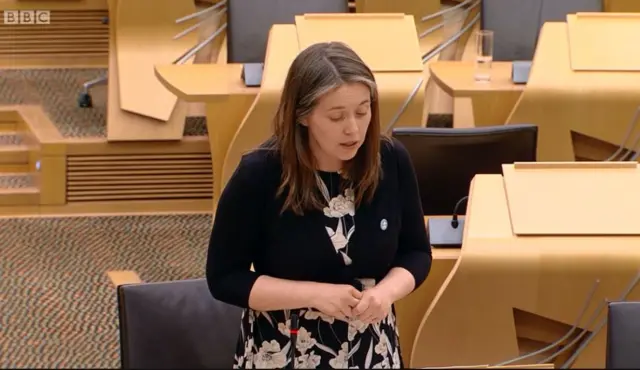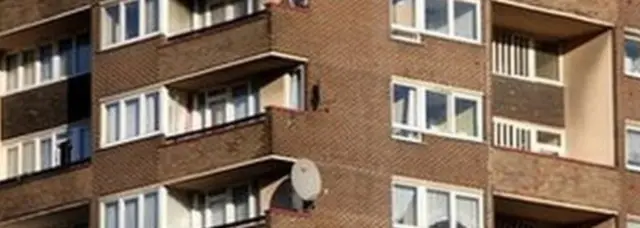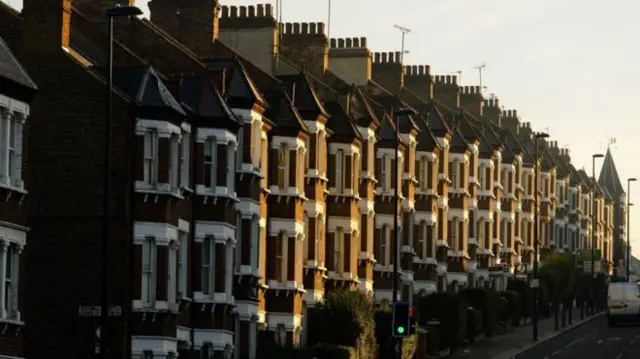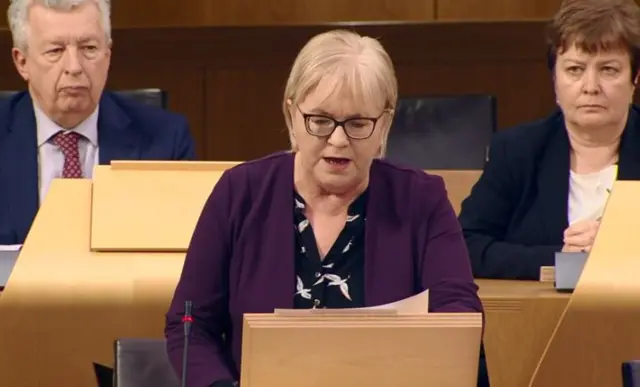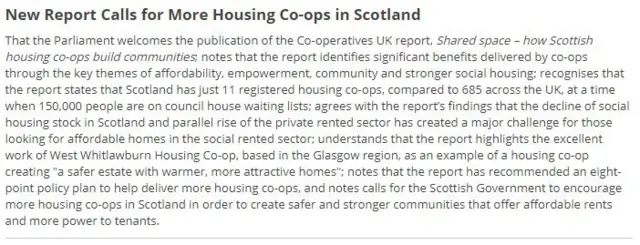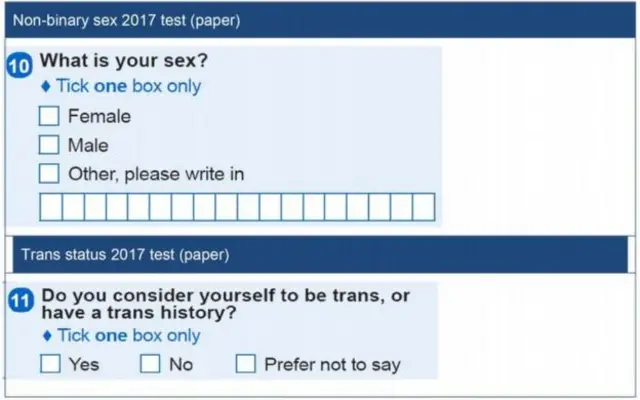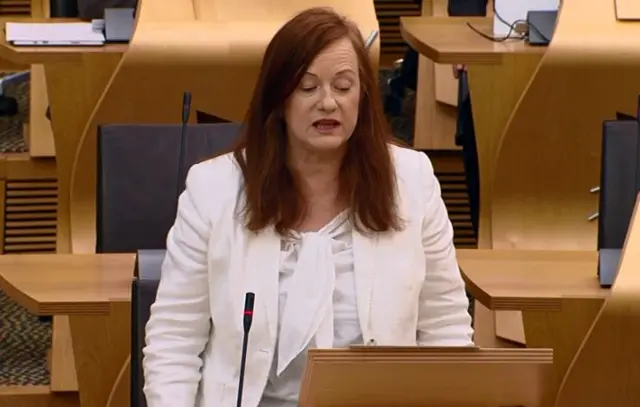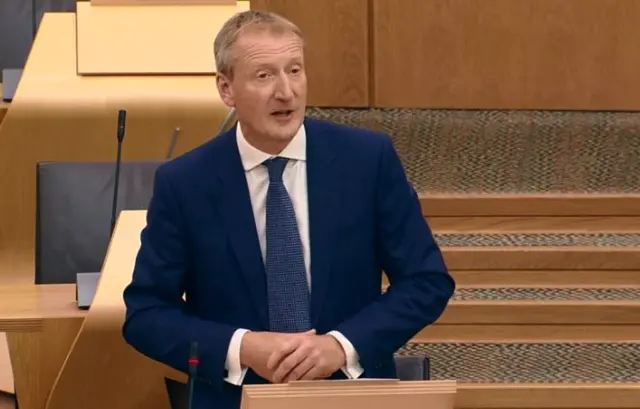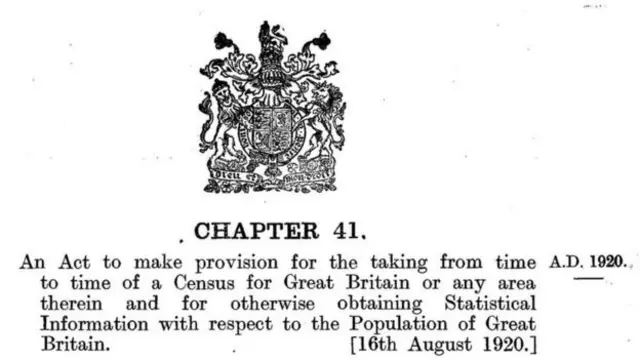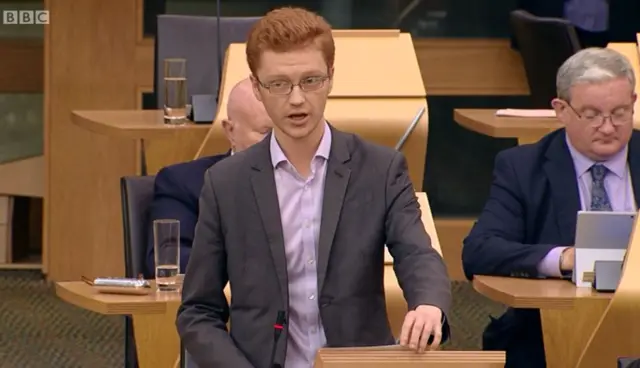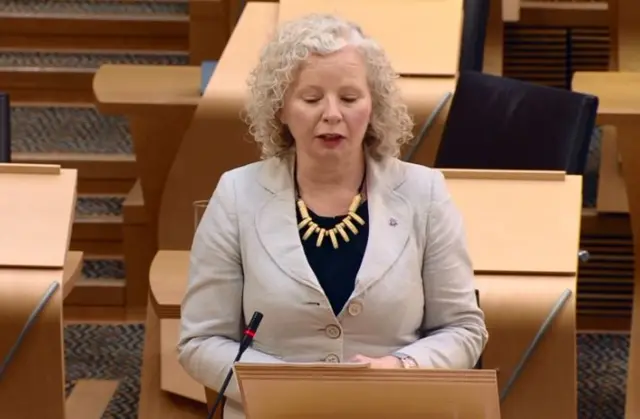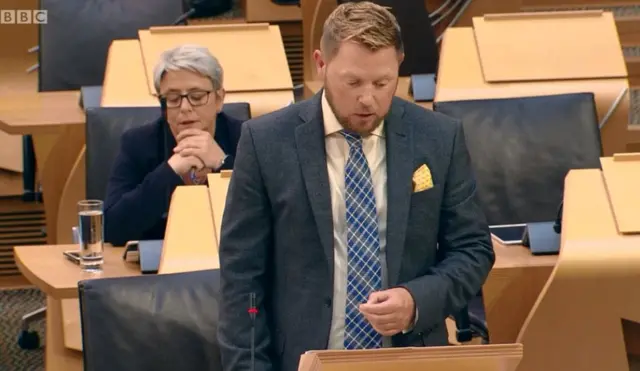That's all from Holyrood Livepublished at 17:37 BST 12 June 2019
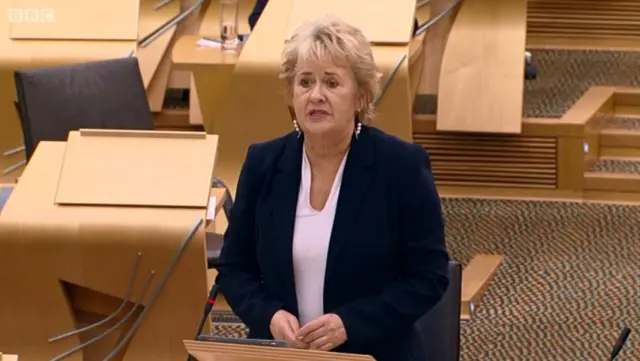
That's all from Holyrood Live on Wednesday 12 June 2019.
Climate Change Secretary Roseanna Cunningham has confirmed Scotland missed its annual emissions target in 2017.
Figures published by the Scottish government yesterday revealed emissions increased by 3.7% using adjusted measures, despite total emissions falling by 3.3%.
Ms Cunningham told MSPs the increase was due to pollution permits issued in the rest of the EU which impacted the emissions trading scheme.
Opposition MSPs called for further action to tackle emissions in the transport sector.
